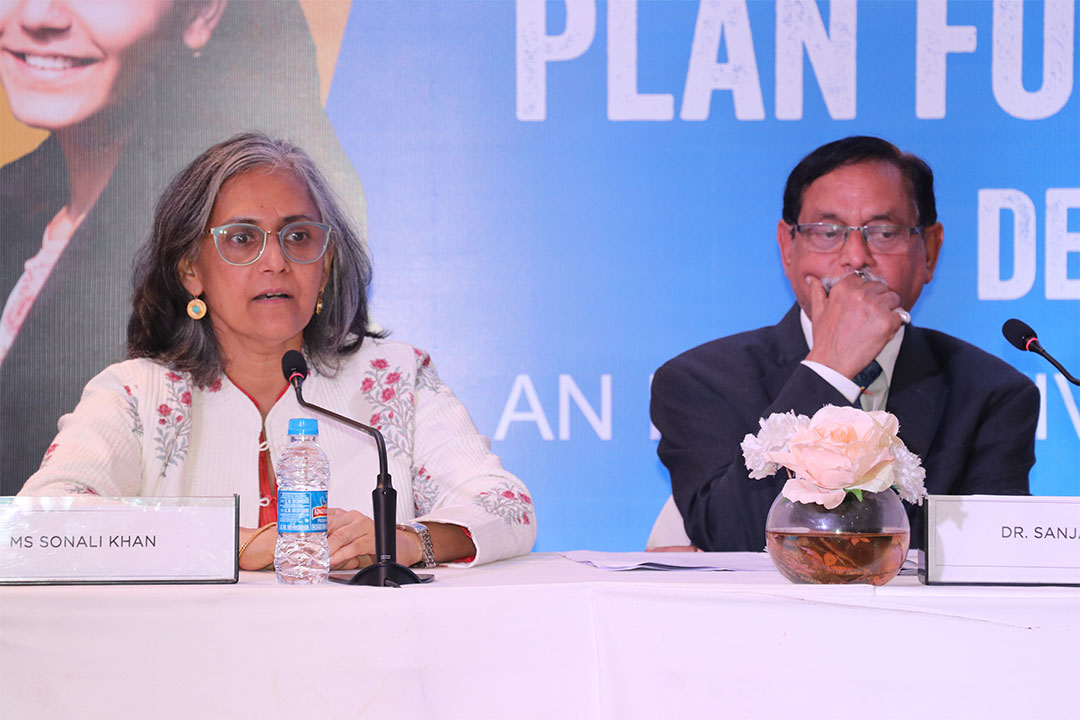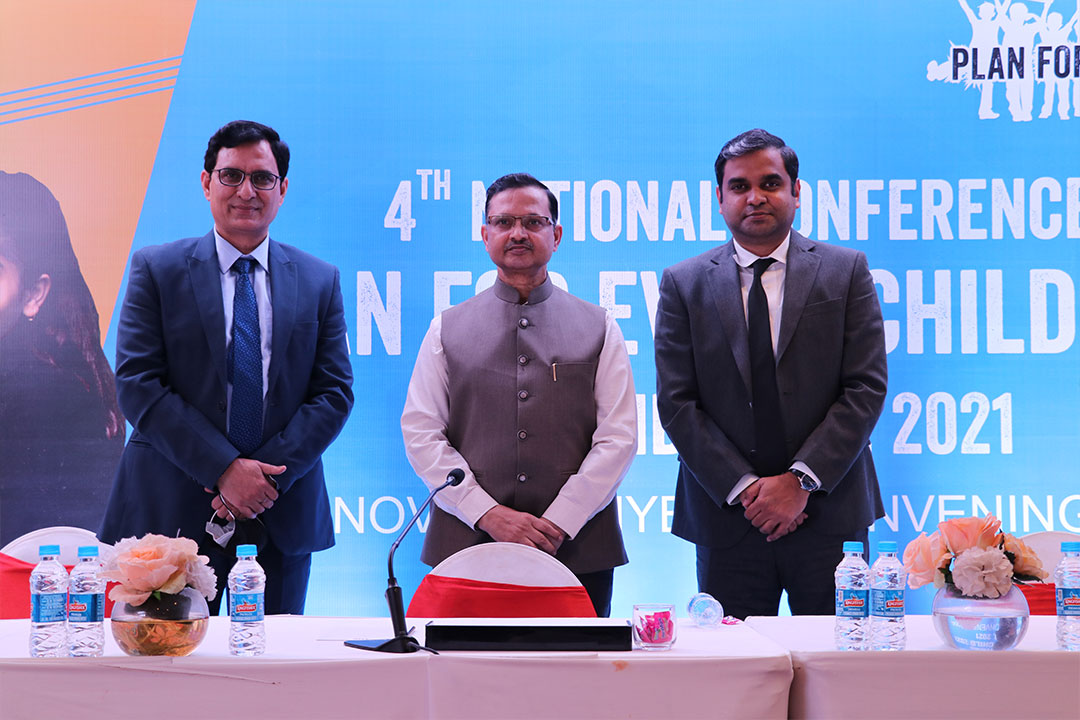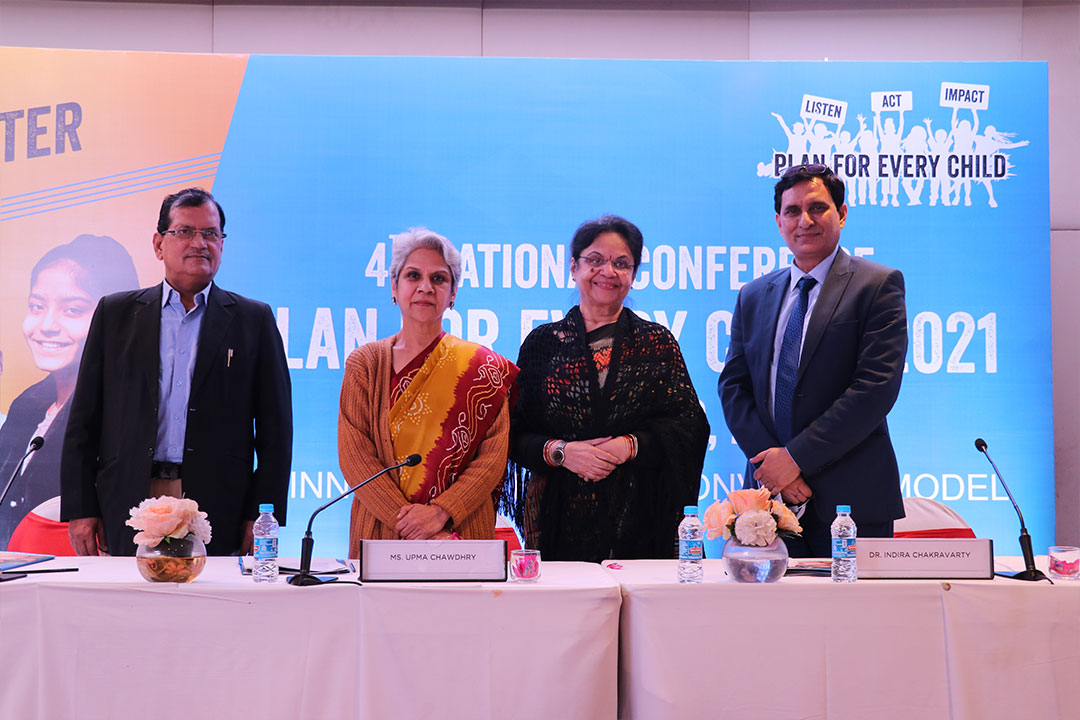Build Back Better With Girls

The P4EC 2021 marked a significant turning point for mainstreaming the multifaceted agenda of inclusion, safety and equality with girls in building a better India post COVID-19. The Conference focused on some of the important challenges created by COVID-19 with reference to girls, and outline priority measures for immediate response and longer term recovery efforts that will lead to a more equal world for girls which is resilient to future crisis. More than forty government officials, United Nation officials, academics, policy makers, development practitioners, corporate representatives, civil society representatives and young people (specifically girls) contributed to the discourses and national dialogues.
The two-day agenda brought rich and varied perspectives on system strengthening, building resilience, safeguarding girls and their rights to bring about a girl-centred recovery that focuses on well-being of girls, improves inclusiveness and reduces inequality. About 1200 delegates comprising of youth changemakers, community volunteers, gender transformative development practitioners, government officials, CSR experts and policy makers registered for the conference from 107 districts across the country. Plan India also brought the voices of young girls from different parts of the country to the national forum.


Each session-plenary, thematic and special session was preceded by the voices of young girls from Uttarakhand, Hyderabad, Delhi and Bihar who presented some of the challenges faced by them as well as areas where they would like more knowledge and skills to help them build back better. The Conference speakers discussed various issues and challenges in creating a safer environment for girls, especially so after an increase in cases of malnutrition, gender based violence and child marriage during the COVID-19 lockdown.
Speakers emphasized the need for gender inclusive education for both girls and boys, better use of technology and social media, creating a safe space for girls to seek help and ensuring uninterrupted education for girls during the pandemic. The need to challenge the gender and social norms and change the patriarchal mind-set was highlighted. The discussions also indicated the need to conduct more systematic and rigorous research to encapsulate the magnitude of the issues and present accurate data to feed into policies and programmes.





